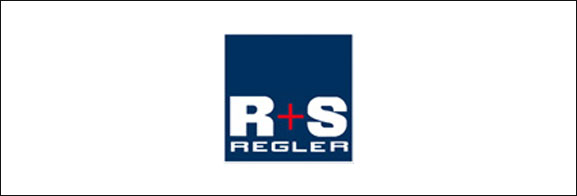RICCIUS
| |
 |
Since the founding of the company in 1994 we have put over 4,500 controllers and control panels into operation in all corners of the world. Our list of references reaches from a car dealer (Renault Kriegner) and a museum (the Kunsthaus in Graz) to the Golden Tower in Doha and the Metro in Dubai.
Control technology for heating, ventilation and air conditioning, automation technology and control panel construction - our lines of business.
Besides projects in Austria such as the music rehearsal hall in Kirchheim im Innkreis, the car dealer Renault Kriegner, and Lugner City in Vienna as well as the Kunsthaus, City Arena & Regional Hospital in Graz, our controllers and control panels can also be found in structures in Greece, Romania (Dacia), Hungary, St. Petersburg (Spare-Bank) and Arab countries. In recent years our control technology has been installed in numerous buildings in Doha, the capital of Qatar on the Persian Gulf. Some examples are the so-called Zick-Zack Tower, the Golden Tower and the Bentley showroom.
In 2009 parking garages for the Dubai Metro were equipped with our control and automation technology as well as control panels, to date one of the largest projects in the company’s history. After construction is completed in 2020 the Dubai Metro system, which is being built mainly aboveground, will cover 170 to 200 kilometres with 120 stops and will transport around 1.2 million passengers daily. And all of this will be fully automatic, without any drivers. The first section, called the Red Line, with a length of around 50 kilometres and 35 stops, was opened on Wednesday, September 9, 2009.
In the picture left: Dominik Schmidbauer (service engineer for control and automation units) Robert Schüßler (managing director/CEO) and Sasikumar (Lauren Company) in front of the new parking garage in Rashidya. The Metro Red Line goes from here to Jebel Ali.
Technologically speaking, the most sophisticated project was, however, a completely different one - namely the control system for the heating and ventilation of the printing office of a publisher in Wels, the Landesverlag Druckservice. This was due to the fact that the humidity in a printing press must be precisely regulated; otherwise the paper can not be ideally printed.
Visit the website |
|
|
